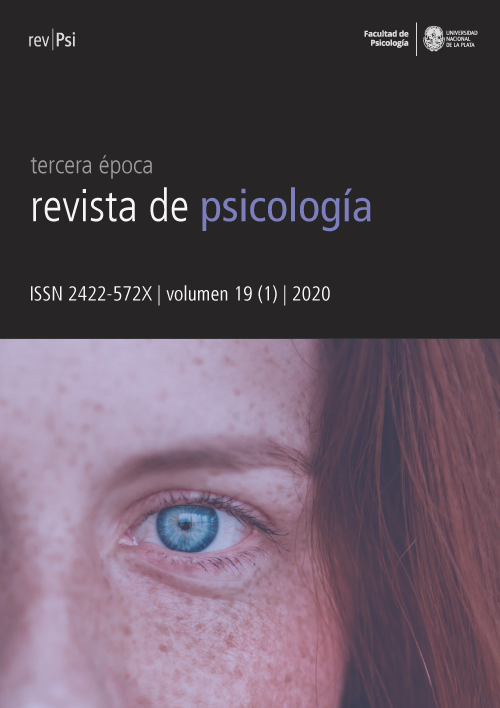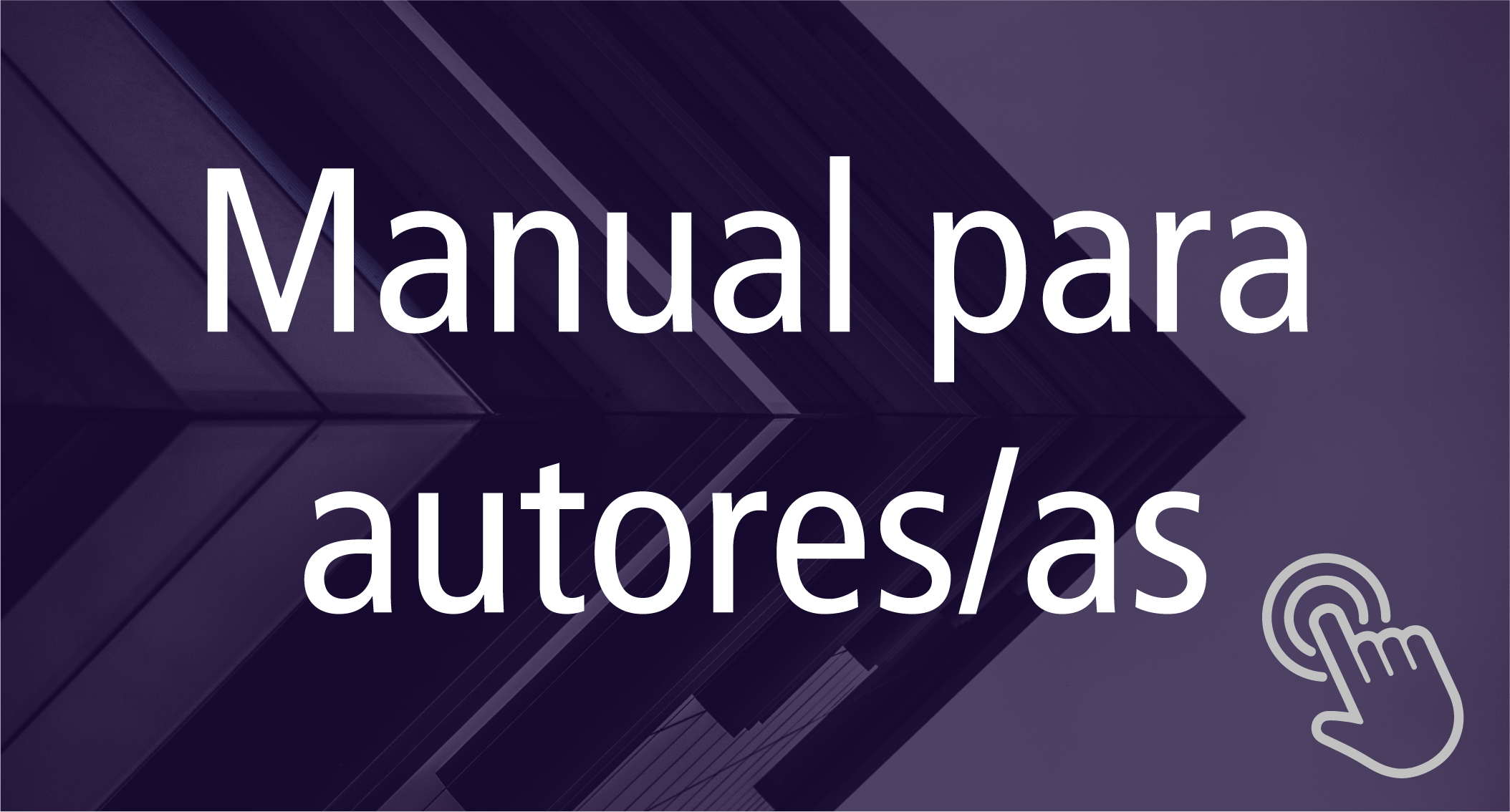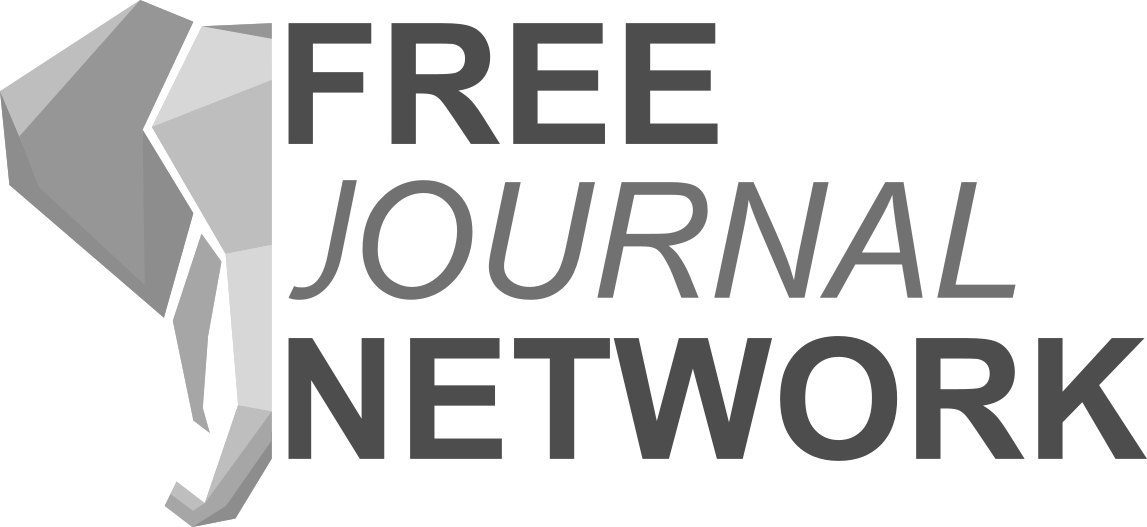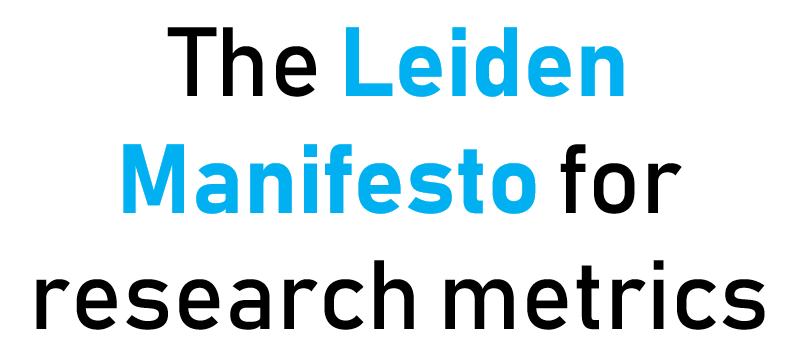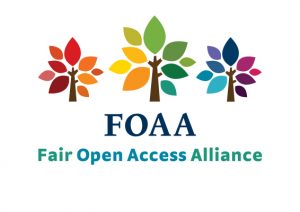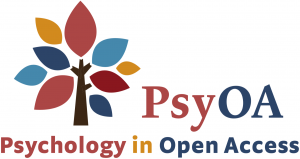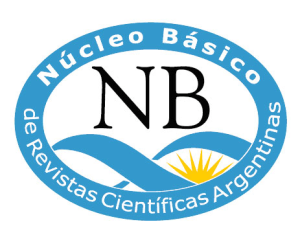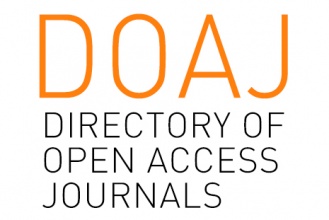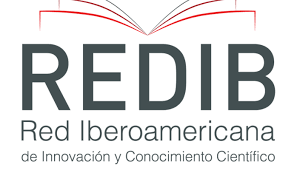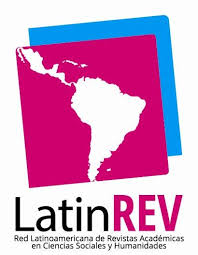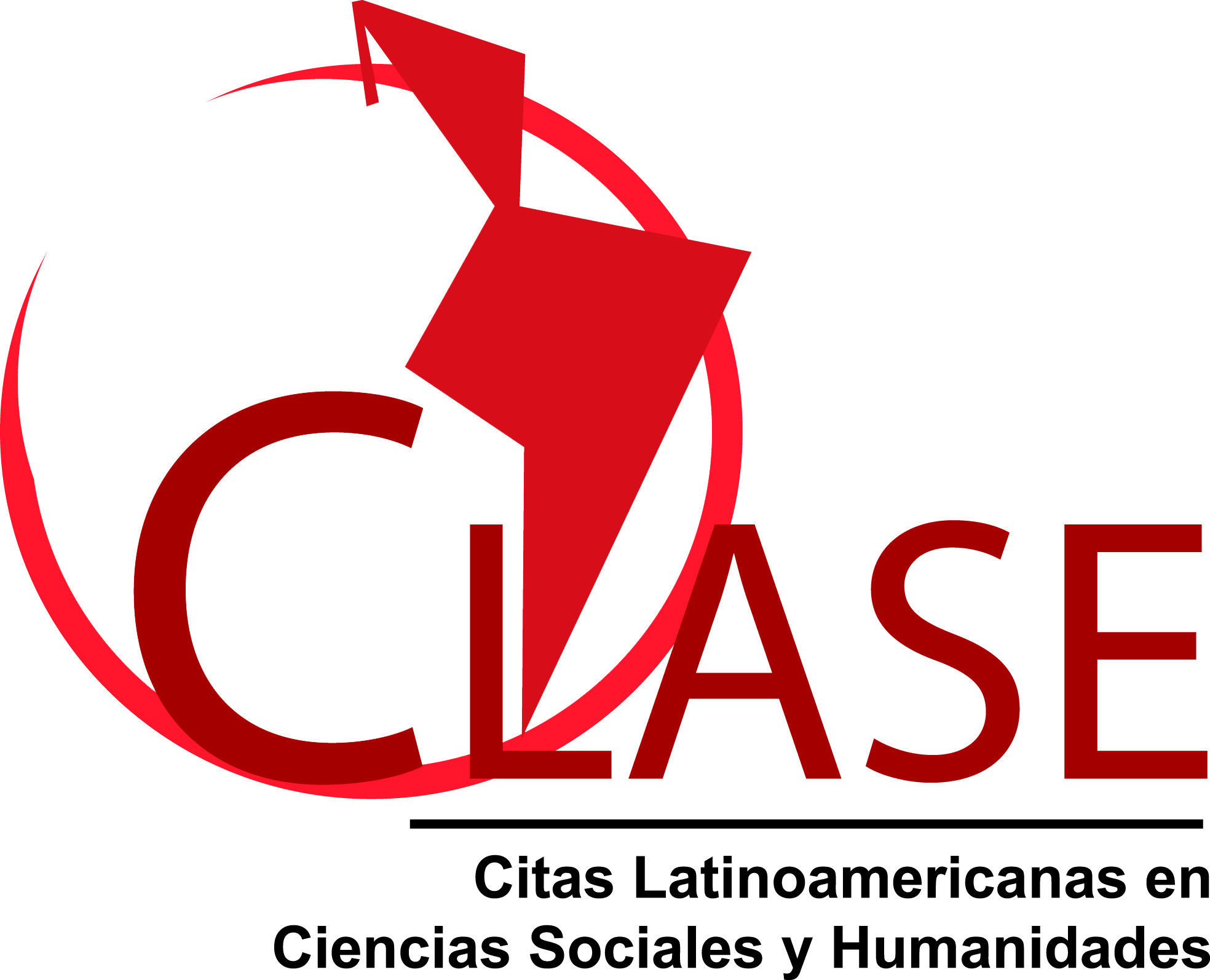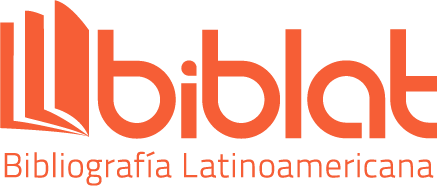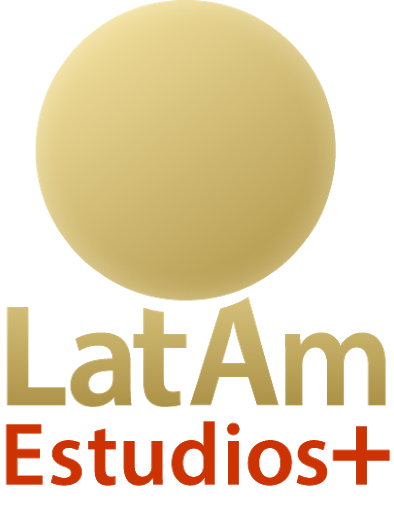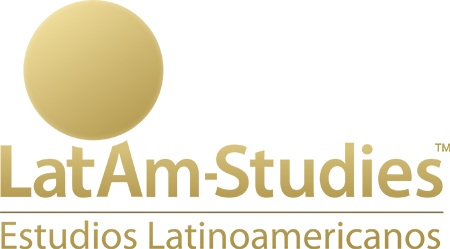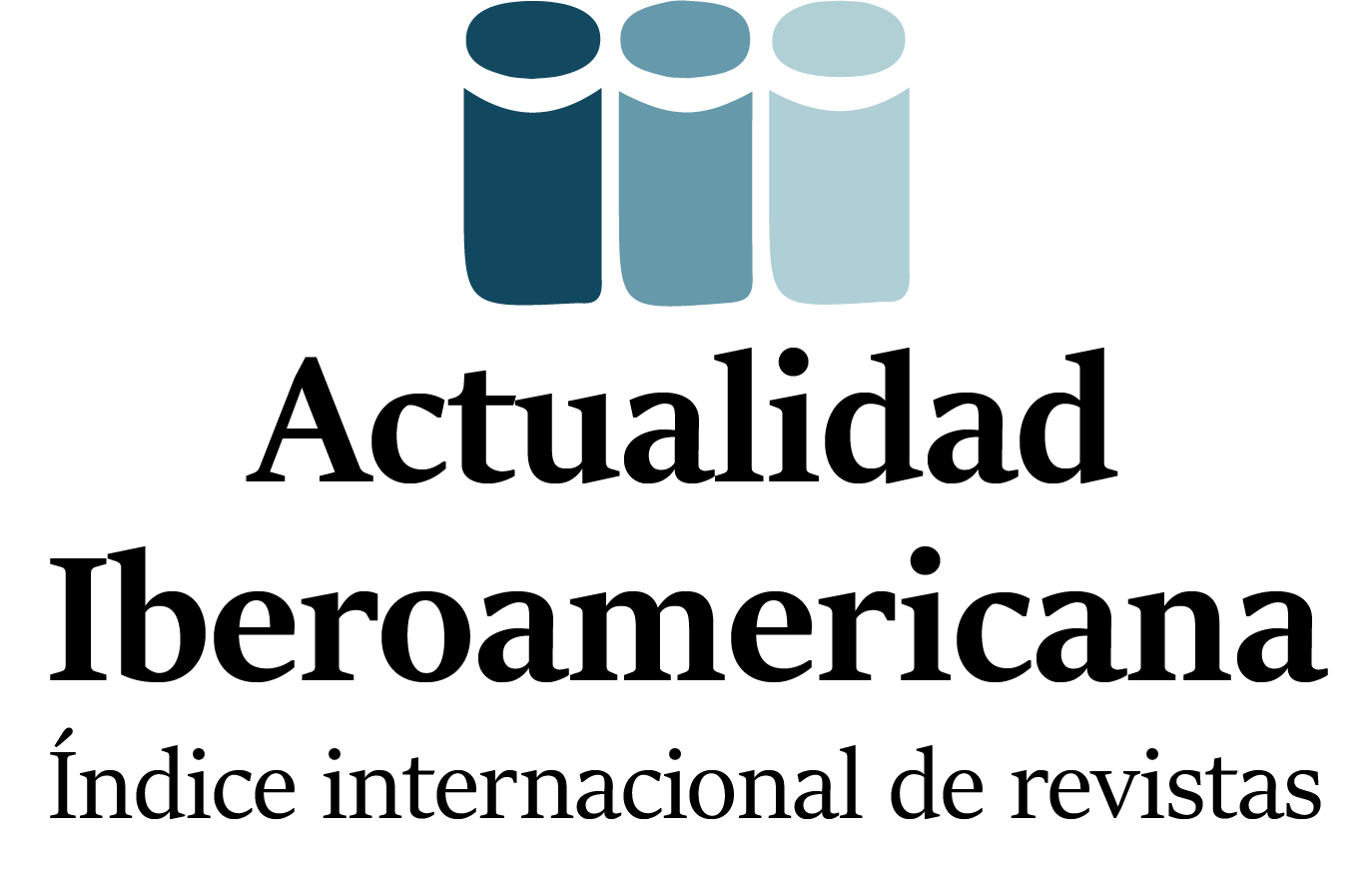Training extensionists in reading and writing practices with children and adolescents in vulnerability contexts
DOI:
https://doi.org/10.24215/2422572Xe051Keywords:
reading, rights, extension, vulnerability, childhoodAbstract
This paper presents the articulation work between two Extension projects accredited by the Secretary of University Extension of the UNLP: “Children, Adolescents and Rights of the NGO Recrearte” and “Integral child development and learning in territory”. Both projects serve children and adolescents of school age who live in neighborhoods of City Bell in situations of poverty. The working focus is based on the exercise of the right to education based on literacy that is carried out through a program of intervention in reading along with other artistic and recreation activities. The different conceptions of university extension, the "failure" in the schooling of the subjects and the perspective of rights and the concept of childhoods are discussed and it ends with three chronicles that try to illustrate the need for field work that requires the training of psychologists in the Faculty.
Downloads
Metrics
References
Baquero, R. (2000). Lo habitual del fracaso y el fracaso de lo habitual. En F. Avendao y N. Boggino (Eds.), La escuela por dentro y el aprendizaje escolar. Homo Sapiens.
Borzone, A. M. y Marder, S. (2015). Leamos juntos. Programa para la enseñanza y el aprendizaje de la lectura y la escritura. Guía del docente. Paidós.
Borzone, A. M., Marder, S. y Sánchez, D. (2015). Leamos juntos. Programa para la enseñanza y el aprendizaje de la lectura y la escritura. Cuadernillo del alumno. Paidós.
Borzone, A. M. y Rosemberg, C. R. (1999). Alfabetización y fracaso. Una investigación en las comunidades collas. Revista Argentina de Educación, 26, 29-46.
Carlevaro, O. (2010). Intersecciones y uniones de la universidad con la ética. Reencuentro, 57, 8-17.
Charlot, B. (2006). La relación con el saber. Elementos para una teoría. Libros del Zorzal.
Denegri, A., Iglesias, I., Espinel Maderna, C. y Scharagrodsky, C. (2015). La construcción de conocimiento profesional en extensión universitaria. Motivación de docentes y aprendizaje de estudiantes [Presentación en conferencia]. 5o Congreso Internacional de Investigación de la Facultad de Psicología de la Universidad Nacional de La Plata, Ensenada.
Erausquin, C., Marder, S., Centeleghe, E., Scabuzzo, A., Barloqui, D. y Pastrana, G. (2015). Abriendo puertas para construir significados: desafíos de profesionalización de psicólogos en escenarios educativos. Memorias del VII Congreso Internacional de Investigación y Práctica Profesional en Psicología, 112-117.
Meirieu, P. (2008). Una pedagogía para prevenir la violencia en la enseñanza. En VV.AA. (Ed.), Cátedra abierta: Aportes para pensar la violencia en las escuelas. Ciclo videoconferencias. Observatorio Argentino de Violencia en las Escuelas (pp. 93-107). Ministerio de Educación de la Nación.
Ministerio de Educación de la Nación. Secretaria de Evaluación Educativa. (2017). Pruebas Aprender 2016-2017. Ministerio de Educación de la Nación. https://www.argentina.gob.ar/educacion/aprender
Naradowski, M. (2013). Hacia un mundo sin adultos. Infancias hiper y desrealizadas en la era de los derechos del niño. Actualidades Pedagógicas, 62, 15-36.
Narodowski, M. (1999). Después de clase. Desencantos de la escuela. Noveduc.
Narodowski, M. (2014). Infancia, pasado y nostalgia: cambios en la transmisión intergeneracional. Revista Brasileira de História da Educação, 14(2), 191-214. http://dx.doi.org/10.4025/rbhe.v14i2.695
Perrenoud, P. (2004). Desarrollar la práctica reflexiva en el oficio de enseñar. Profesionalización y razón pedagógica. Graó.
Schön, D. (1998). El profesional reflexivo. Como piensan los profesionales cuando actúan. Paidós.
Tommasino, H. y Cano, A. (2016). Avances y retrocesos de la extensión crítica en la Universidad de la República de Uruguay. Revista Masquedós, 1, 9-23.
Downloads
Published
How to Cite
Issue
Section
License
![]()
Authors who publish in this journal accept the following conditions:
- Authors retain the copyright and assign the right of first publication to the journal, with the work registered under a Creative Commons attribution license (CC-BY), which allows third parties to use what is published whenever they mention the authorship of the work and the first publication in this magazine.
- Authors can make other independent and additional contractual agreements for the non-exclusive distribution of the article published in this journal (e.g., include it in an institutional repository or publish it in a book) as long as they clearly indicate that the work was published for the first time in this magazine.
- Authors are allowed and encouraged to publish their work on the Internet (e.g., on institutional or personal webpages) before and during the review and publication process, as it can lead to productive exchanges and greater and faster dissemination of published work (see The Effect of Open Access ).

